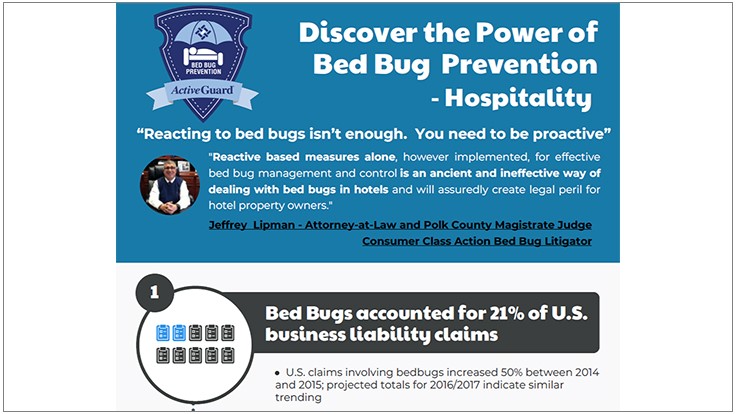Tips For Homeowners To Keep Rodents Out Of Their Attics
Tips For Homeowners To Keep Rodents Out Of Their Attics
Blog Article
Write-Up By-McNeill Degn
Visualize your attic room as a comfortable Airbnb for rats, with insulation as cosy as hotel pillows and circuitry extra enticing than space service. Now, think of these undesirable visitors throwing a wild party in your house while you're away. As a property owner, ensuring your attic room is rodent-proof is not nearly comfort; it has to do with securing your residential property and loved ones. So, what straightforward steps can you take to secure your sanctuary from these furry intruders?
Inspect for Access Things
To start rodent-proofing your attic room, inspect for access points. Beginning by carefully checking out the outside of your home, trying to find any openings that rats might make use of to access to your attic. Check for voids around utility lines, vents, and pipes, along with any type of fractures or openings in the structure or exterior siding. See to it to pay attention to locations where different building products fulfill, as these prevail entry points for rats.
Additionally, inspect the roof covering for any type of damaged or missing roof shingles, along with any type of gaps around the edges where rodents could squeeze through. Inside the attic room, try to find signs of existing rodent task such as droppings, chewed cables, or nesting products. Use ground wasp nest removal to thoroughly examine dark edges and hidden spaces.
Seal Cracks and Gaps
Inspect your attic room thoroughly for any kind of splits and voids that require to be secured to avoid rats from entering. Rodents can squeeze via also the tiniest openings, so it's important to secure any possible entry points. Examine around pipelines, vents, wires, and where the walls satisfy the roofing system. Utilize a combination of steel wool and caulking to seal off these openings properly. Steel woollen is a superb deterrent as rats can not chew with it. Get Source that all spaces are tightly secured to reject access to unwanted insects.
Do not forget the importance of sealing spaces around doors and windows too. Usage weather removing or door moves to secure these areas effectively. Examine the areas where energy lines go into the attic room and seal them off making use of an appropriate sealer. By putting in the time to seal all cracks and gaps in your attic, you develop a barrier that rats will certainly find challenging to breach. Prevention is type in rodent-proofing your attic room, so be comprehensive in your initiatives to seal off any possible access factors.
Remove Food Resources
Take positive measures to get rid of or store all potential food sources in your attic room to prevent rodents from infesting the room. Rats are brought in to food, so removing their food resources is important in keeping them out of your attic.
Right here's what you can do:
1. ** Store food securely **: Prevent leaving any food things in the attic. Store all food in airtight containers made from metal or durable plastic to stop rats from accessing them.
2. ** Tidy up particles **: Get rid of any type of piles of debris, such as old papers, cardboard boxes, or wood scraps, that rats could use as nesting material or food resources. Keep the attic clutter-free to make it less appealing to rodents.
3. ** Dispose of waste properly **: If you utilize your attic for storage and have waste or waste up there, make certain to get rid of it frequently and properly. Rotting garbage can draw in rats, so keep the attic tidy and free of any organic waste.
Final thought
In conclusion, remember that an ounce of avoidance deserves an extra pound of treatment when it involves rodent-proofing your attic room.
By putting in the time to inspect for access points, seal splits and voids, and remove food sources, you can keep undesirable pests away.
Remember, 'An ounce of avoidance deserves an extra pound of cure' - Benjamin Franklin.
Stay aggressive and shield your home from rodent invasions.
